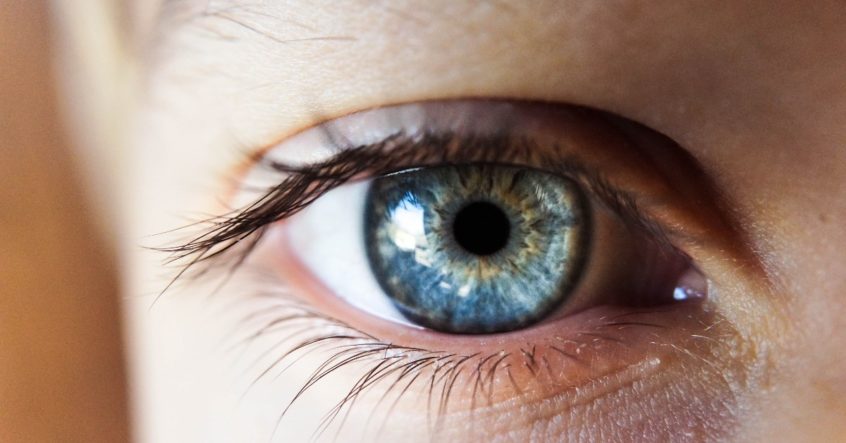Located in the back region of the inside of your eye, the retina is absolutely necessary for vision. Damage to it can cause blindness, which is why it’s so important for everyone to do what they can to keep their eyes healthy, including the retina.
What Does The Retina Do?
This thin membrane near the optic nerve takes the light that comes into your eye and is focused by your lens, and processes the image that’s projected onto it. Photoreceptor cells on the retina sense the incoming light and process the optical information being received. The data is then transmitted to the brain through the optic nerve.
The photoreceptors that sense light are called rods and cones. The rods specialize in motion detection as well as light-and-dark changes, and they come into play for peripheral vision (also referred to as side vision). The cones detect color and finer details, enabling you to make out clearly what’s in your direct line of vision. Both types of photoreceptors need to be healthy for you to enjoy good daytime and nighttime vision year after year.
You could say that the retina collects light information and then “talks” to the brain, which processes the data received and enables you to make sense of incoming visual information. Datawise, it’s a pretty sophisticated mechanism! You can see how, if the photoreceptors on the retina are damaged, the information your brain receives will be skewed, and your vision will be impaired.
Issues That Can Arise
When the retina is unhealthy or damaged, issues can arise. These may include the following:
- Detached Retina: A medical emergency, this issue refers to the retina pulling away from the layer of supportive tissue underneath it, resulting in the retina failing to receive the nourishment it needs to function properly.
- Macular Degeneration: An eye disease that can affect older individuals, macular degeneration refers to the central part of the retina being deteriorated, resulting in an inability to see what’s in our direct line of vision.
- Hypertensive Retinopathy: This condition refers to the presence of vision problems due to damage to tiny blood vessels that nourish the retina, caused by chronic high blood pressure.
- Other Types of Retinopathy: Blind spots in your visual field can form for other reasons; one example is , such as solar retinopathy, which is caused from staring at the sun.
- Macular Edema: This refers to a buildup of fluid in the central part of the retina, leading to distorted vision.
How To Help Your Retina
It’s clear that to maintain good vision, the retina needs to stay healthy. Key ways to help your eyes’ retinas include eating a healthy diet that provides essential nutrients, staying properly hydrated by drinking enough water, wearing sunglasses outdoors to protect against the sun’s UV rays, and getting regular eye checkups.
We at Viteyes formulate eye vitamins and supplements designed to give your eyes the nourishment they need to stay healthy. Feel free to contact us today with any questions you may have. We’re here to help you protect your eyes and enjoy clearer vision through our great, eye-boosting products.
